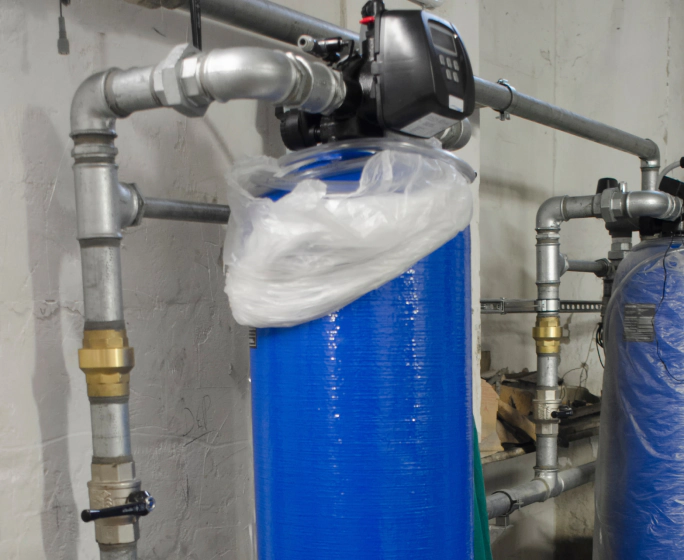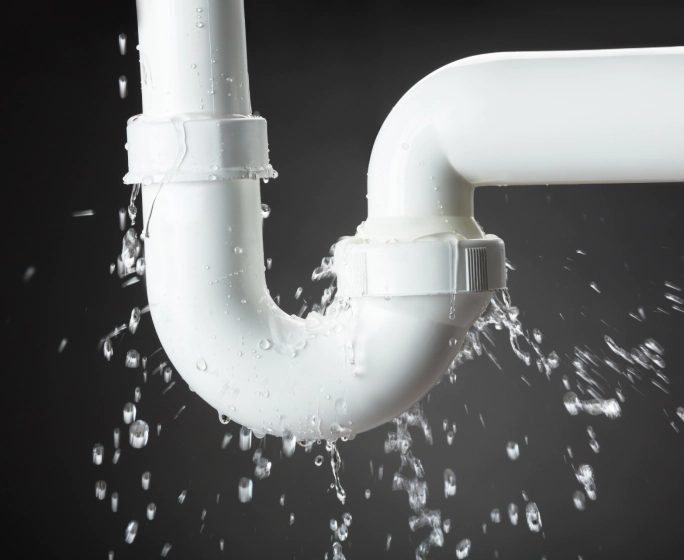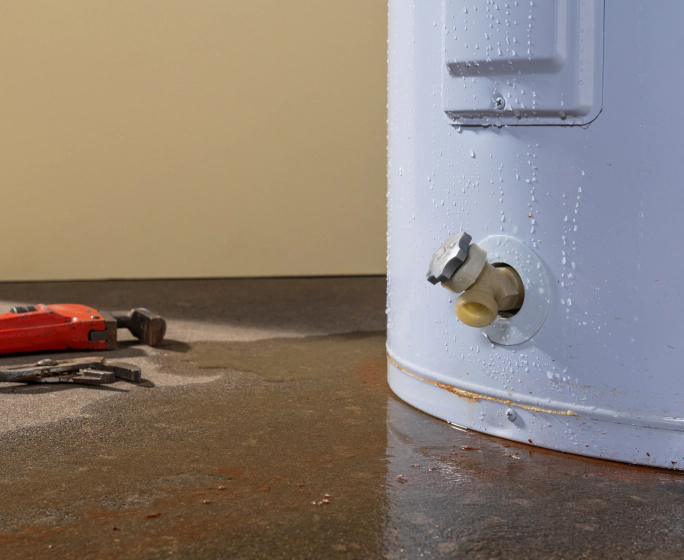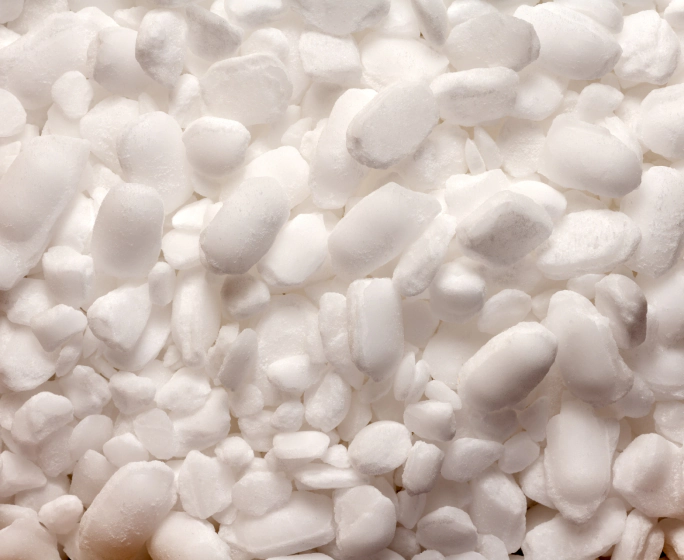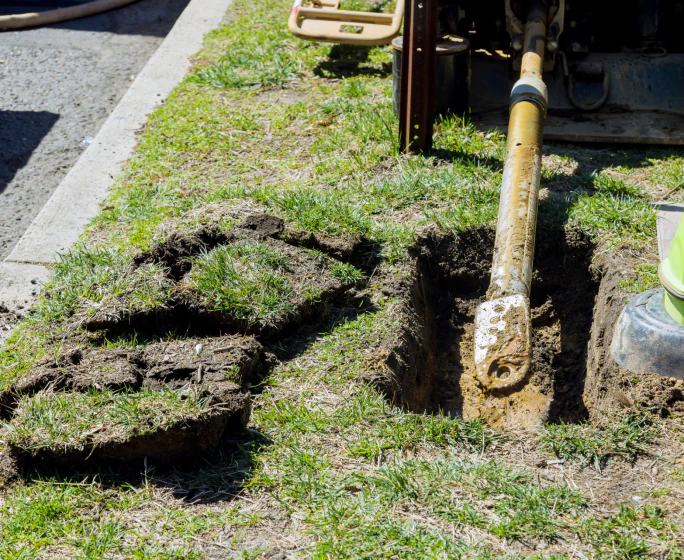How to Choose a Water Softening Unit for Your Home or Business
Updated November 3rd, 2023
Whether you are looking on behalf of a residential or commercial property, it is important to match the right water conditioning system to your property’s soft water needs. There are several factors to consider when choosing a water softener, all of which must be addressed in order to make the best possible choice for your home or business. Continue reading for helpful tips on how to choose a water softener and who to call for professional assistance and free advice.
